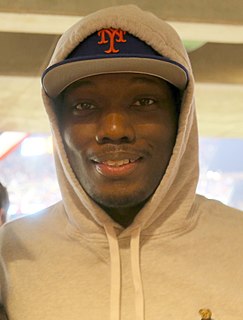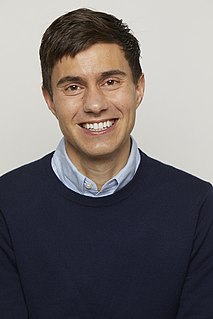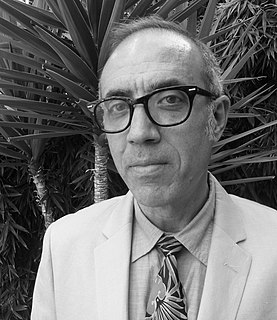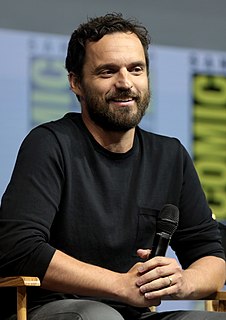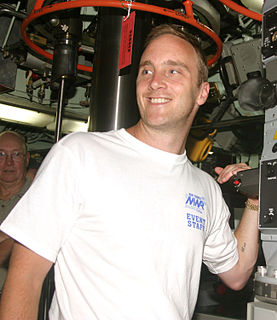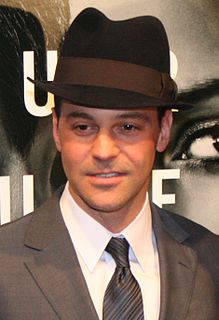A Quote by Adam McKay
Most of what's tricky about comedy is the perception of it and the audience's expectation.
Quote Topics
Related Quotes
That's one of the things about comedy that annoys me the most from a comedian perspective. Comedy has gotten so segregated. Now it's like if you don't agree with somebody, you probably aren't going to like their jokes. I think comedians are starting to write for their audience and not towards the country.
Here's the thing, with comedy - and I learned this from Will Ferrell - you can't be ashamed. If you're doing comedy, you have to fully commit to the joke. Shame is not part of it. If you act shy or uncomfortable about your body, that makes the audience shy and uncomfortable. And in a comedy you just want them to loosen up and laugh.
Comedy can be more difficult than drama. It requires more attention to timing. In the theater, you're always dependent on the audience for the energy, but in comedy the feedback you get is more important. You can judge by the quickness and the length of the laugh just where you stand with the audience.
When you start doing comedy, you think to yourself, "I want to be a headliner." And you become a headliner, and you're like, "Oh wait, this isn't what I meant. I meant I want to be a headliner that's famous enough that people come see me specifically." And that's a huge leap, because most of the time most of the audience is there to see comedy in general. They're not there to see you.


